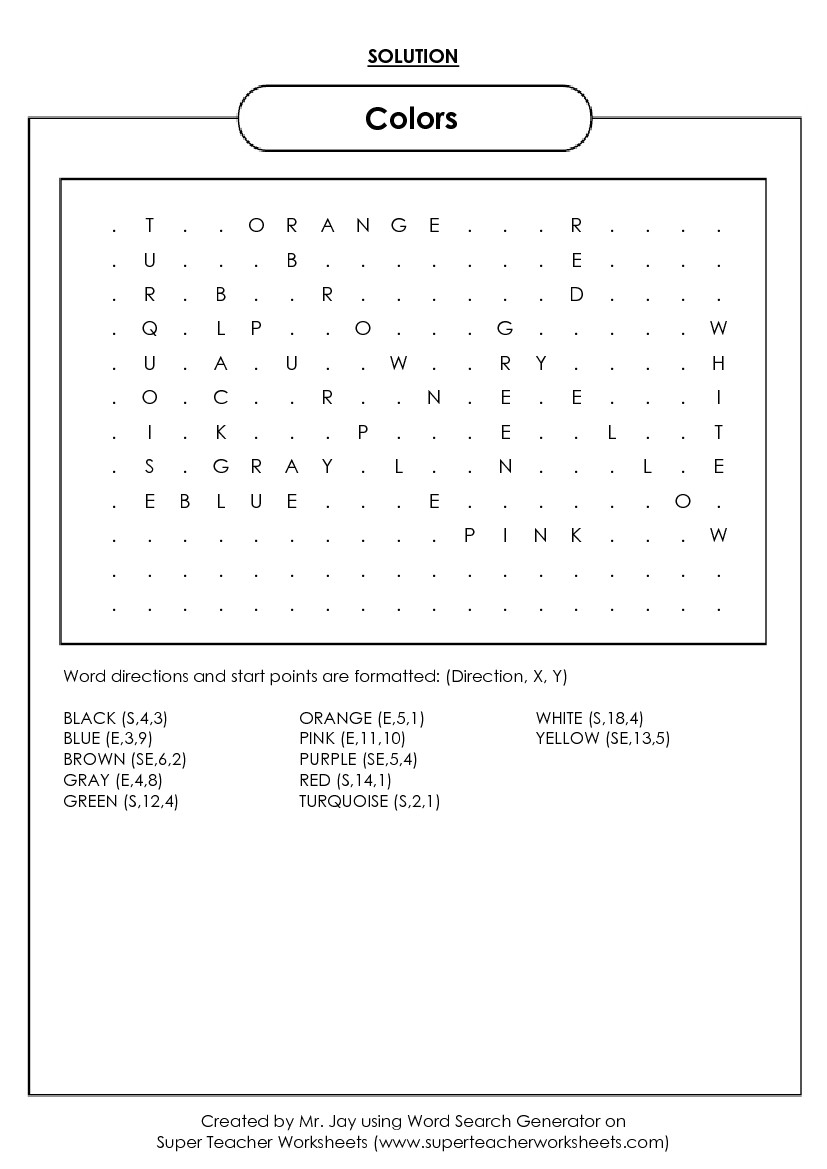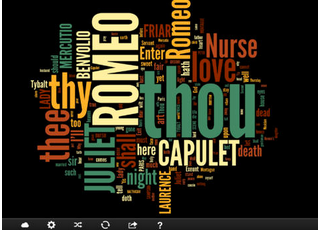

- New word generator from letters how to#
- New word generator from letters download#
- New word generator from letters free#
The video above shows you how to create bubble text.
New word generator from letters free#
Open Bubble Letter Generator Free Bubble Fonts Select any bubble font and type any text. How to Use the free Bubble Font Generator We offer various fonts and styles for each of the letters in the bubble letter alphabet. The larger letters are perfect for creating posters. You can either use the smaller letters to write words, names, titles, or sentences or use the huge letters to print one initial per page.
New word generator from letters download#
It will download with a transparent background unless you added a background image. Play around with the letters until you are satisfied with the layout and then download the page. You can decide if the letters overlap or not and how close they will be. Drag the letters in the correct order to write your title, name, or word. You simply select the letter or number that you want from any of the bubble letter designs and click on it and the free bubble letter font will appear on your page.
Blending (blending two words together, using only part of either one or both of them): motel (motor + hotel), smog (smoke + fog), breathalyser (breath + analyser), workaholic (work + alcoholic), telecast (television + broadcast), Rogernomics (Roger economics), cashgora (cashmere + angora).Īcronym (forming a word from the initial letters of a string of words).With our free bubble letter generator, you don’t need to know how to draw bubble letters. Clipping (reducing longer forms to one or two syllables): flu (influenza), bach (bachelor's shack), pav (pavlova), beaut (beauty), super (superannuation or superphosphate), Nat (National Party member), op shop (opportunity shop). Some words are able to gather more than one morpheme attachment. Verb -> adjective + able, such as drinkable, likeable, respectable. Noun -> adjective + al, such as national, regional, accidental. It is very uncommon to find them added to grammatical words:Įach word class has its own characteristic suffixes. Suffixes are added to the main lexical word classes - noun, verb, adjective, adverb. One of the most common suffixes is -ness, which is added to adjectives to turn them into nouns: happiness, carefulness, goodness, matter-of-factness. This does not mean that such a word will catch on and become generally used, though sometimes this can happen. There are many more nouns in English than verbs, so it is common to find nouns converted into verbs.Īdding derivational affixes - both prefixes and suffixes - is the most common way of creating new words in English. Will you nut these? (from a six-year-old asking to have some walnuts cracked) Is it all needled? (from a three-year-old watching some trousers being mended) (from a six-year-old watching someone opening a door with a key) The American psycholinguist Eve Clark gives examples of very young children creating new words by conversion. Here a noun (an eyeball) has been converted into a verb (to eyeball). (a familiar plate with a picture of a rabbit on it)Ĭonversion is the process whereby a word in one word class is converted into another word class without any change to the shape of the word. In everyday speech, we can easily create compound words as we need them, although these will not necessarily be understood outside a specific context.īring me the rabbit plate, please. The written form is a matter of convention the pronunciation and stress pattern are exactly the same. Stock route, woodshed, cattleyard, watersider, solo parent, playlunch, chilly bin, lamb's fry, crib-wall, state house, kitset, tarseal.Ĭompound words may be written as two separate words (gold rush), or hyphenated (gold-rush), or combined as one word (goldrush). New Zealand English has many examples of compound words: Toothbrush, car park, tablecloth, chairperson, lawnmower, teatowel, ladybird, bedroom. 
The most common way of compounding is to join a noun with a noun: When two free morphemes are joined together to make a new word, the result is called a compound word. There are three common ways of creating new words.

If you had to invent a name for a new oven cleaner, it would not be Bsog. Even computer-generated words like Teflon are not very common they will also still follow the sound pattern of English. It is very rare to find words invented out of nothing. Some might be used by one person on one occasion, never to be heard again others seem to catch on, like yuppie or sound bite, and they spread very quickly throughout the English-speaking world. New words are being made up all the time.







 0 kommentar(er)
0 kommentar(er)
